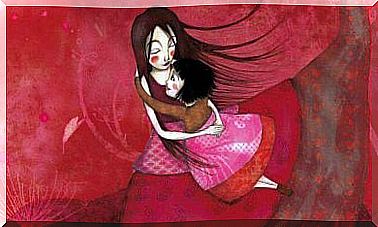The Way Of Being, According To The Country Of Origin
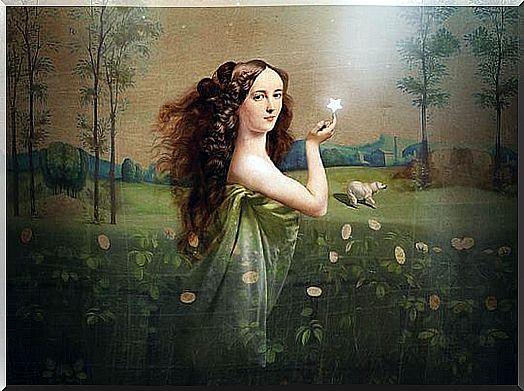
How does the country of origin influence the way of being? This is a question that many thinkers and scientists have been asking themselves for several centuries.
The answers are varied: some insist on a geographic determinism, others speak of a universal human essence.
What is certain is that the culture in which a person is educated has a great influence on the way they think and feel.
The formation of opinion is also strongly determined by this. It is not so much that there is “a national temperament” but that in each country certain aspects predominate.
There are traits common to all human beings, regardless of the culture they come from.
Margaret Mead, the famous English anthropologist of the 1920s, showed how, in the most exotic cultures, he had a separation of duties and powers according to gender.
It also showed that in all cultures, there are aesthetic expressions highly valued by the community.
The way of being and stereotypes
It is not easy to establish a set of traits that define the way of being according to the country of origin.
Sometimes it is prejudices and stereotypes that are formed according to specific cultures.
Also, just because some attributes take precedence over others does not mean that everyone in a country will act and think the same.
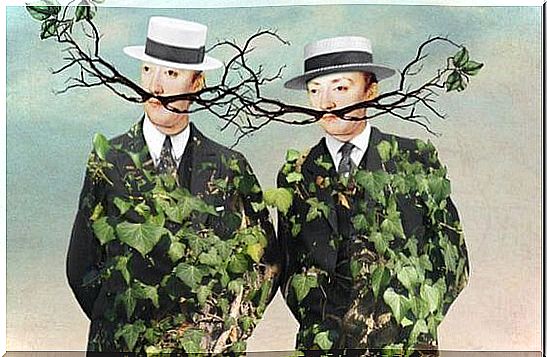
It is obvious that there are predominant uses and habits, which permeate the way of being of those who share a culture.
On the other hand, each nation has a set of values, or anti-values, which intervene in the family sphere and in formal education.
However, we must not lose sight of the fact that political and economic interests also construct stereotypes to devalue or undermine a group of humans.
This is what happened, and still happens often, with the Jews, who are sometimes called “looters”.
This is also what was said to the native Americans who were described as “deceitful”, “dirty” and “degenerate”.
The main traits and stereotypes
To define the way of being, it is common to make a division according to cultural origin. In this way, well differentiated blockages appear: the Anglo-Saxons, the Latins and the Orientals.
Although each group includes a large number of countries, with important differences, there are aspects that can be attributed to all of them.
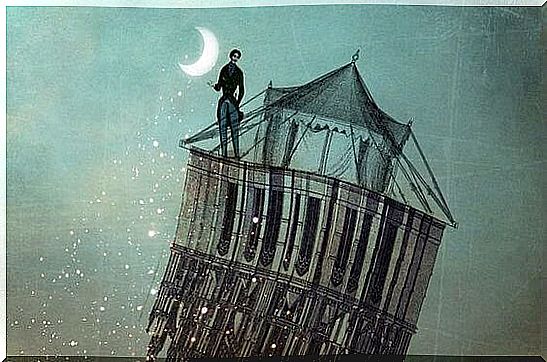
It is said that Anglo-Saxons are characterized by their individualism. They are quite reserved, independent and practical people.
They are competitive and value freedom and autonomy, above all else. They value precision, accuracy and method.
They are considered too schematic people. Their sense of humor should be a way of showing their ingenuity and not their good humor.
The Anglo-Saxons have very strongly integrated the concepts of success and failure, and organize their life according to this.
The Orientals cultivate a deep sense of honor which is expressed in an almost blind obedience to the authorities.
In Eastern countries, we respect and revere almost any type of hierarchy: from the family hierarchy, to religious and political hierarchies.
They are disciplined peoples who, at the same time, worship respect for others and tolerance.
They seek to ensure that their actions adhere to ethical principles. They put a lot of emphasis on a person’s capacity for work and honesty.
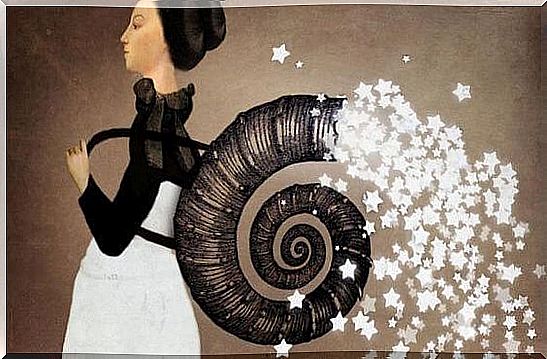
Latin people are associated with giving, easy conversation, and extroversion. It is said that they are not very concerned with standards and conversely, very inclined to pleasures. They are creative, welcoming, polite and generous.
They can give up professional success, for a calmer life with friends and family. They have a great sense of humor and they like to express what they feel, especially through art.
They have a reputation for being the best lovers and are deeply attached to their family.









